Driving without insurance in Texas isn’t just risky—it’s outright illegal. Beyond the law, the financial fallout can be devastating in accidents. Texas law isn’t ambiguous: if you drive without the minimum required policy, you’re breaking the law, and the penalties can hurt. But the topic goes deeper—types of violations, escalating consequences, and even how one single uninsured accident can lead to personal financial ruin.
Understanding Texas’s Insurance Law
What the Law Requires
Under state law, every driver on public roads must be able to cover harm caused to others. This usually means purchasing auto liability insurance or demonstrating equivalent financial responsibility, such as a bond or self-insurance.
Minimum Coverages (30/60/25)
Texas drivers must carry:
-
$30,000 for bodily injury per person
-
$60,000 per accident for bodily injury
-
$25,000 for property damage
This “30/60/25” standard is relatively low—it’s the legal floor, not necessarily enough protection for many real-world crashes.
Who Must Have Insurance
Anyone who operates a vehicle in Texas must maintain coverage. This includes owners and regular users of cars, trucks, and many other vehicle types—though some are exempt (more below).
Proof of Insurance & the TexasSure System
Police and courts rely on the TexasSure system—a real-time database of policies filed by insurers—to confirm coverage status. Forgetting your insurance card isn’t an automatic ticket if the system shows a current policy; if it’s expired or canceled, you’re in trouble regardless of the physical card.
Is It Illegal to Drive Without Insurance?
Legal Classification of the Offense
Driving uninsured is a Class C misdemeanor, a “fine-only” crime, but showing up uninsured on a second or third occasion escalates things sharply.
First-Time vs. Repeat Offenses
-
First offense: fine of $175–$350 + annual surcharge of $250/year for 3 years
-
Second or subsequent offense: fine rises to $350–$1,000, plus SR‑22 requirement, license/registration suspension, and possible impoundment
Penalties at a Glance
| Offense Level | Fine Range | License Suspension | Surcharge | SR‑22 Required | Possible Jail |
|---|---|---|---|---|---|
| First-Time Offense | $175–$350 | Not always | $250 x 3 yrs | Yes | No |
| Repeat Offense | $350–$1,000 | Likely | Auto | Yes | No–Low Risk |
| Serious Accident + Uninsured | ↑ fines, impoundment | Suspension | Yes | Yes | Possible if injuries/death |
Detailed Penalties and Ramifications
Fines, Surcharges, and Misdemeanors
-
First offense: up to $350 plus a $750 surcharge over three years
-
Second+ offense: fines up to $1,000, SR‑22 filing of responsibility certificate
-
Convictions stay on record, making future auto insurance more expensive
SR‑22 Financial Responsibility Requirement
An SR‑22 isn’t insurance—it’s proof that you’ve obtained a qualifying policy. You’ll need to maintain it for at least two years; missing payments can lead to license suspension.
License Suspension & Vehicle Impoundment
Multiple offenses can suspend your license and vehicle registration. Vehicles can be impounded for up to 180 days, and return typically requires proof of insurance and payment of storage fees.
Escalating Consequences for Repeat Offenders
Repeated violations carry stiff penalties: bigger fines, longer suspensions, mandatory SR‑22, and impoundment. Each ticket raises your “high-risk” status.
When Jail Time Comes Into Play
No Jail for a Mere First-Offense
A standard uninsured driving ticket rarely leads to jail unless there are compounding factors like lack of vehicle registration or other citations.
Aggravated Circumstances
If you cause an accident without insurance, and especially if there are injuries or fatalities, charges can elevate to Class A or even felony levels—with possible jail sentences and hefty fines.
Comparison with Hit‑and‑Run or DUI
Driving uninsured and causing serious harm can be treated like hit-and-run or DUI. Jail becomes a real risk, often combined with restitution and permanent records.
Accidents Without Insurance
Texas Is an At-Fault State
Texas requires at-fault drivers to pay for all damage and injury they cause. Without insurance, victims can sue you personally.
Personal Liability & Civil Judgments
A judgment may include medical bills, lost wages, pain and suffering, and legal fees. Judgment can lead to wage garnishment and liens against your home.
Asset Exposure
Your bank accounts, investments, and property may be seized. Personal bankruptcy is sometimes the only escape.
Uninsured/Underinsured Motorist Coverage
Recommended policies include UM/UIM to protect you if the at-fault driver lacks insurance or has insufficient coverage.
Exemptions and Special Situations
Exempt Vehicles
No insurance needed for: military vehicles over 25 years old, collector/parade/exhibition vehicles, neighborhood electric vehicles, golf carts—and then only off public roads.
Driver Defenses
-
You had valid insurance but couldn’t present proof: ticket dismissed if confirmed
-
Vehicle in repair, borrowed vehicle, self-insurance filed
-
Illegal traffic stop or unreliable TexasSure data can form a defense
Borrowed Cars & Owner vs. Driver Responsibility
The owner of a vehicle is responsible for having insurance—but the driver must be covered either under owner’s policy or their own.
Real-World Statistics & Why Insurance Matters
Uninsured Rates: Texas vs. National
-
National uninsured rate ~14%
-
Texas runs higher—up to 20% uninsured drivers on the road
Financial Impact of Uninsured Driving
Uninsured drivers cost law-abiding ones via higher rates—millions in uncompensated losses mean increased premiums for everyone.
Broader Costs to Society
Medical system strain, emergency response costs, and civil court congestion are all tax-funded or indirectly footed by insured drivers.
How to Stay Compliant
Shopping for the Right Policy
-
Always meet the 30/60/25 minimum
-
Use online comparison tools or work with an independent agent
-
Bundle home, renter’s, and auto insurance to reduce cost
Bundles and Add‑Ons
-
Collision/comprehensive: protects YOUR car
-
PIP: optional, covers medical, wage loss, in Texas it’s an opt-out
-
UM/UIM: protects you from uninsured/underinsured drivers
-
Towing & rental reimbursement: small add-ons but useful
What to Do If Stopped or After an Accident
-
Show your insurance card or ask officer to verify in TexasSure
-
If uninsured, purchase coverage immediately, get SR‑22 if required
-
After an accident, exchange information and report even if you’re not at fault
Practical Advice After a Ticket
Proof and Dismissal
Show proof you were insured at the time of the stop—even if you forgot your card—and the court dismisses the charge.
Paying Fines vs. Fighting the Ticket
You can contest the validity if police lacked reasonable suspicion, or if TexasSure shows coverage. Otherwise, paying might be easier to avoid court costs.
SR‑22 Filing and Reinstating Your License
If required, an SR‑22 form must be filed and maintained. After the suspension period, proof of insurance, SR‑22, and payment of fees is mandatory to reinstate.
Conclusion
Yes—it’s definitely illegal to drive in Texas without insurance. But the consequences go far beyond breaking the law. From immediate fines and surcharges to long-term financial peril in crashes, the stakes are high. For just a few hundred dollars a year more in premiums, you gain peace of mind, legal compliance, and real protection. Don’t risk a misdemeanor ticket, high-risk driver status, or potential loss of assets—do it right: get insured, stay insured, and drive with confidence.

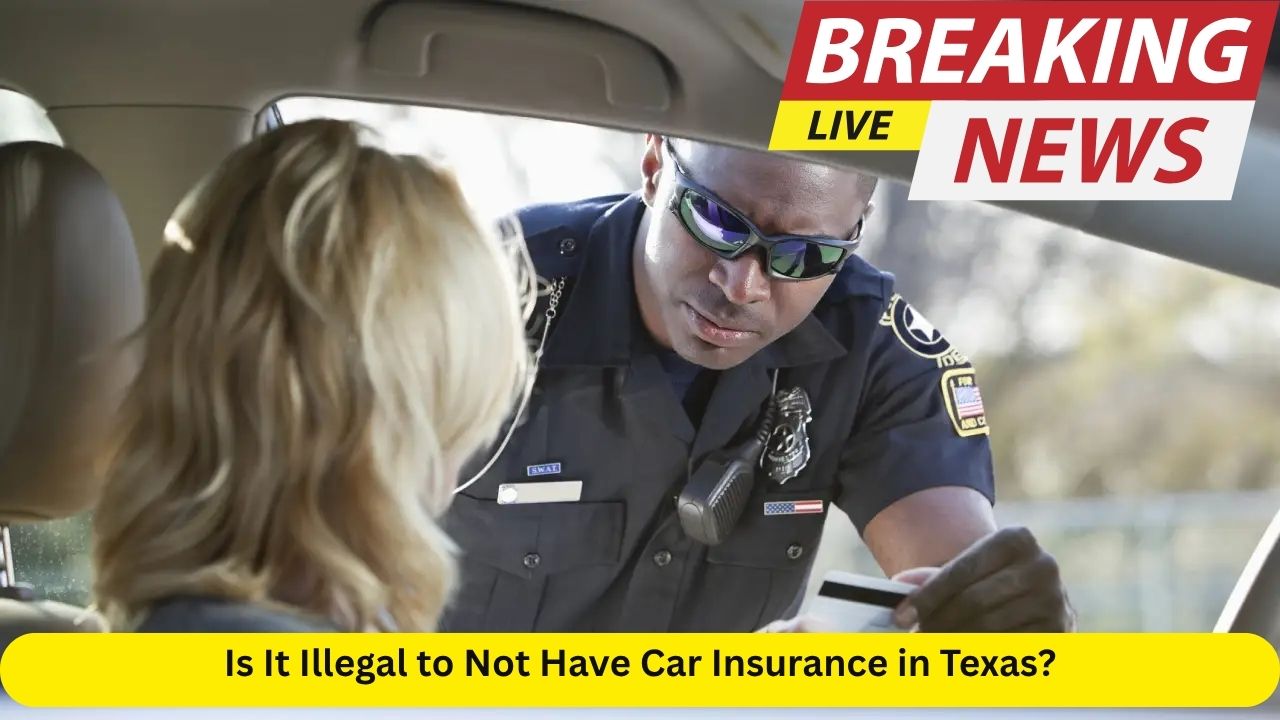

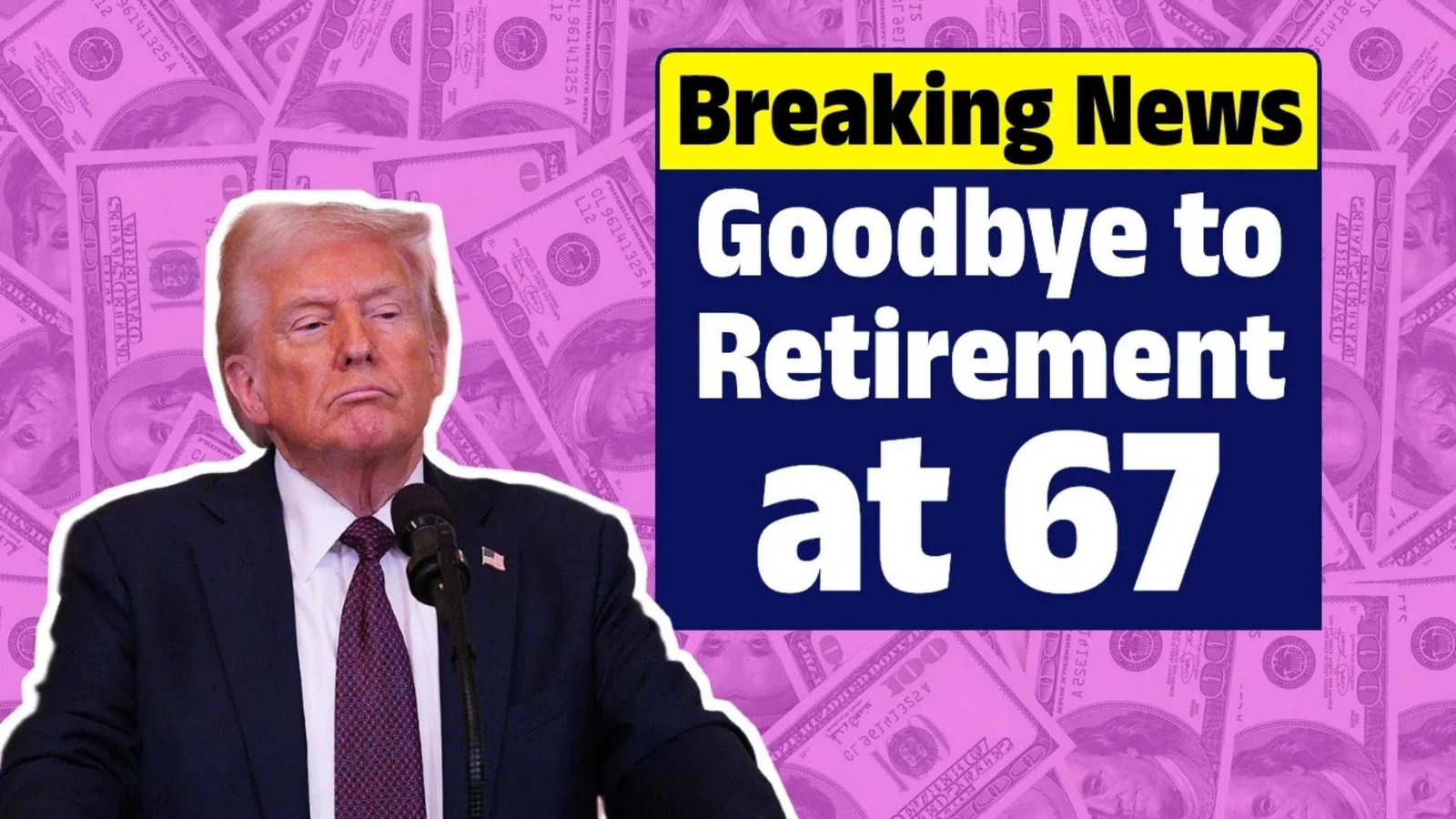
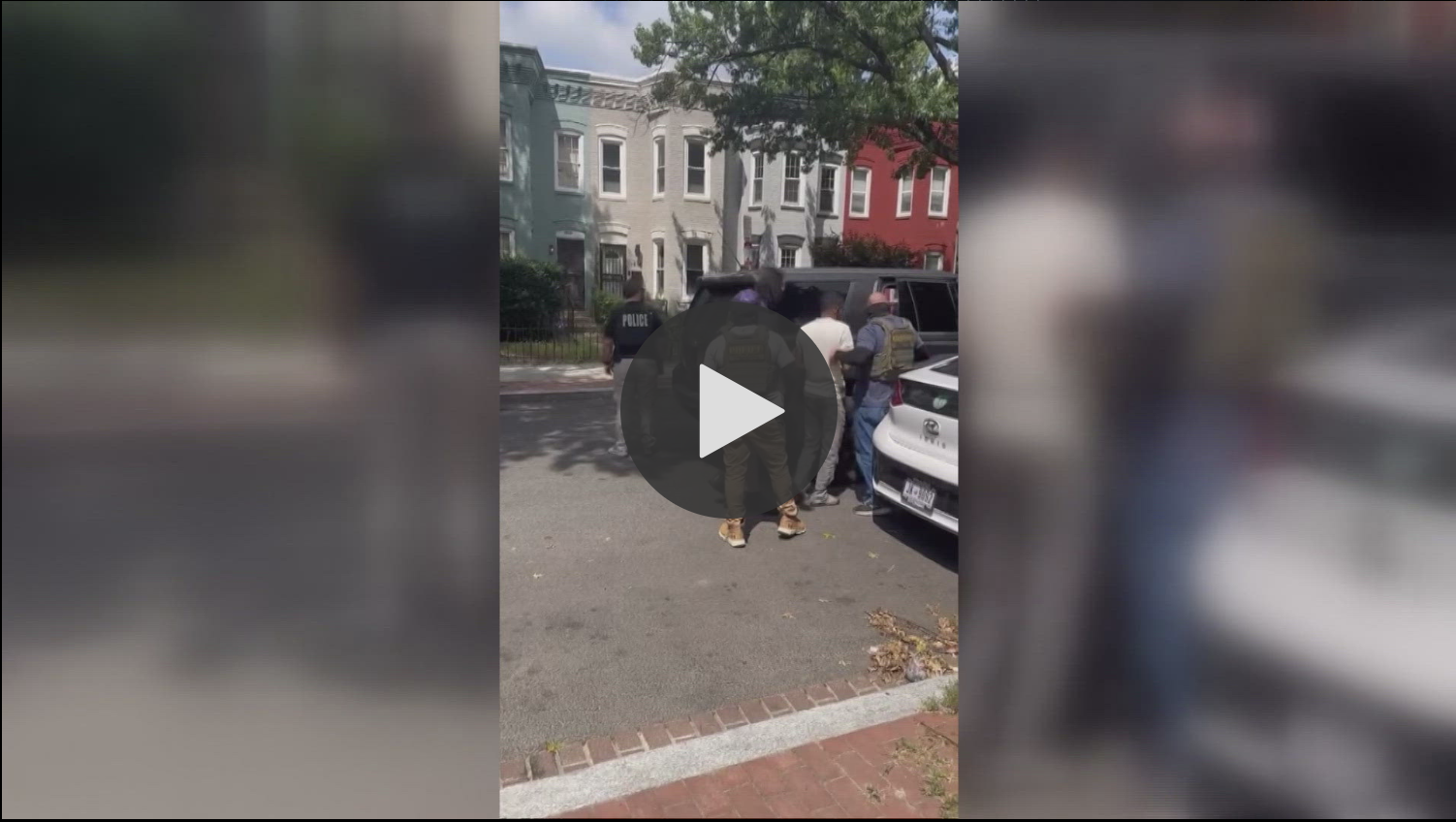



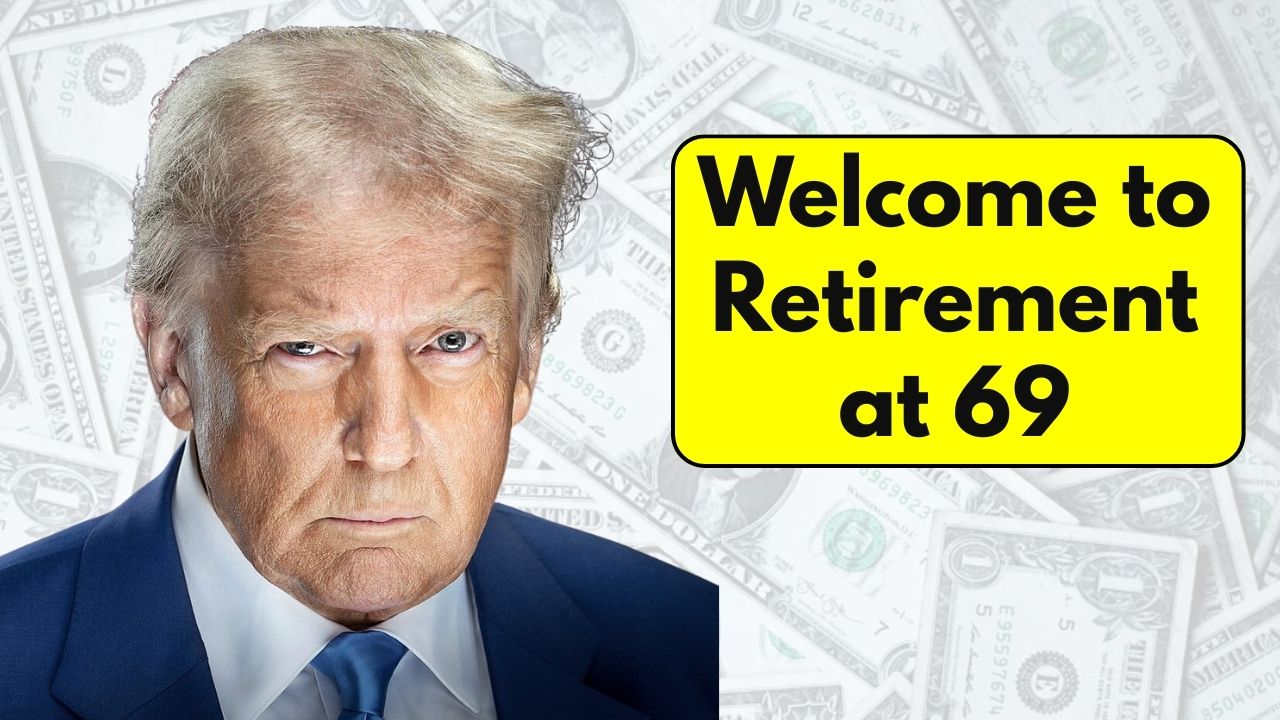

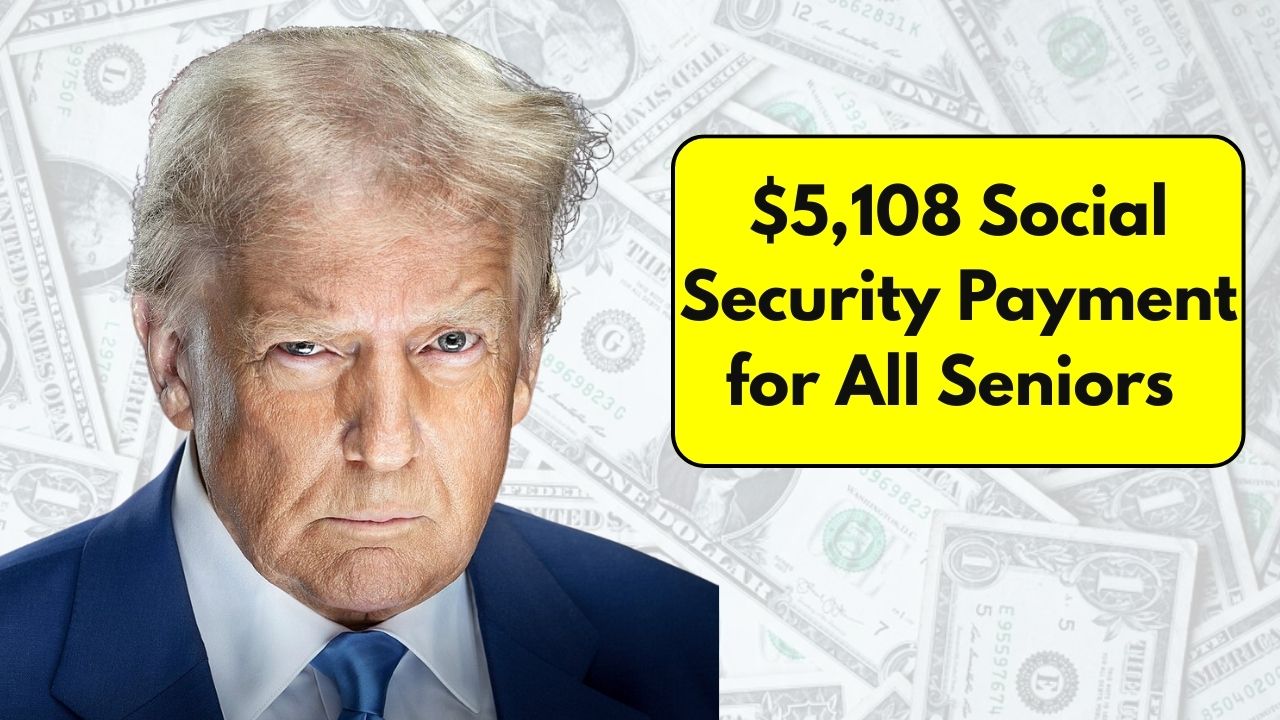
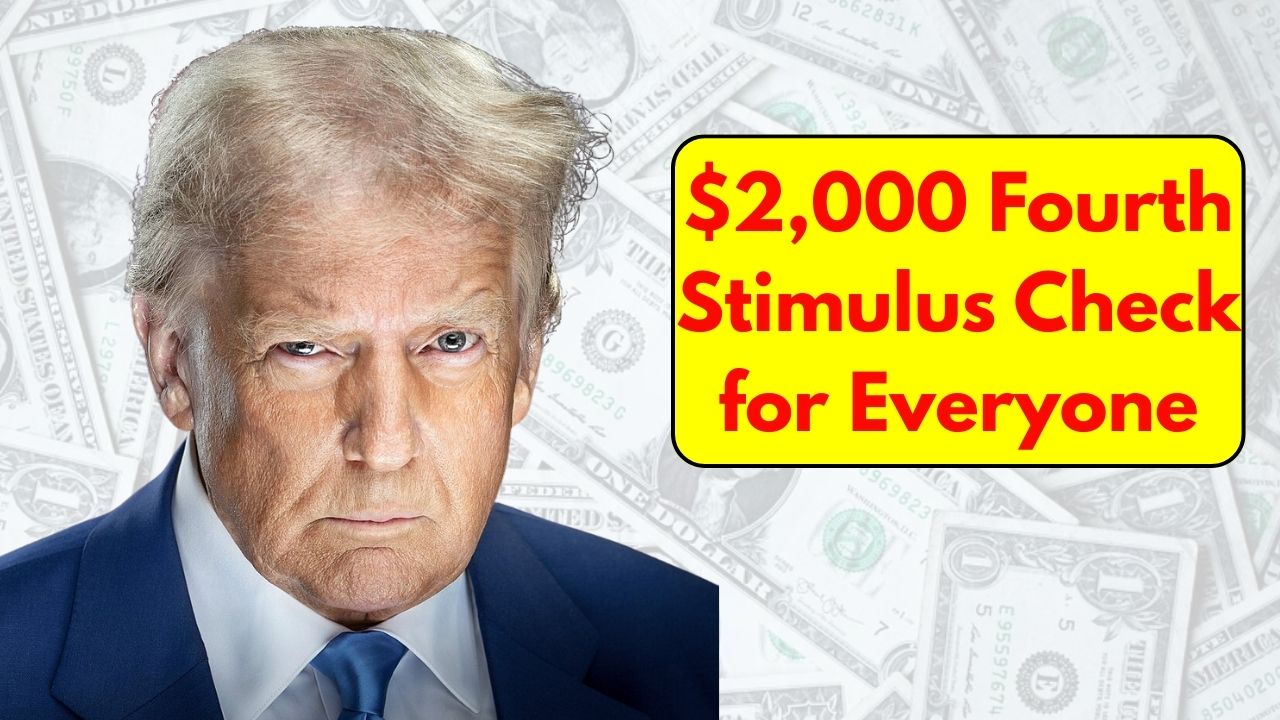
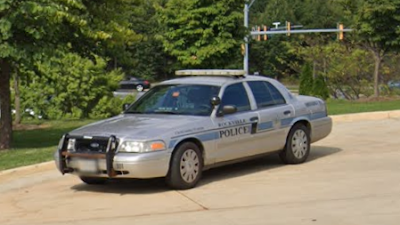



Leave a Reply